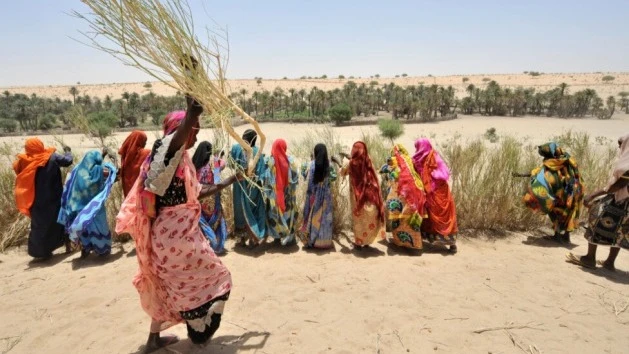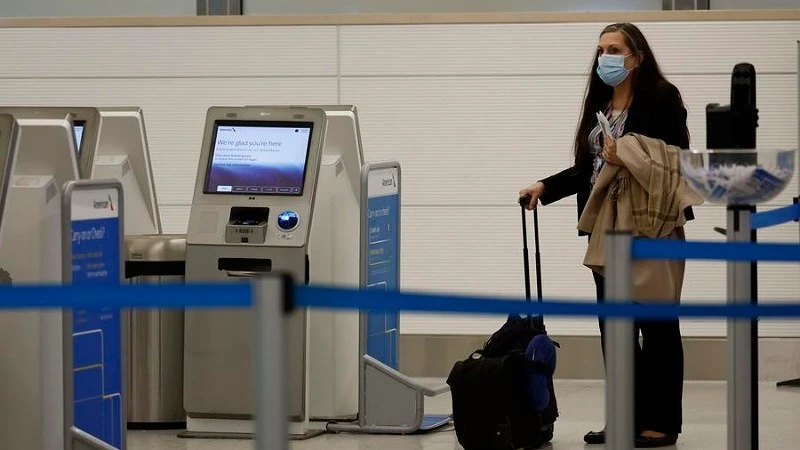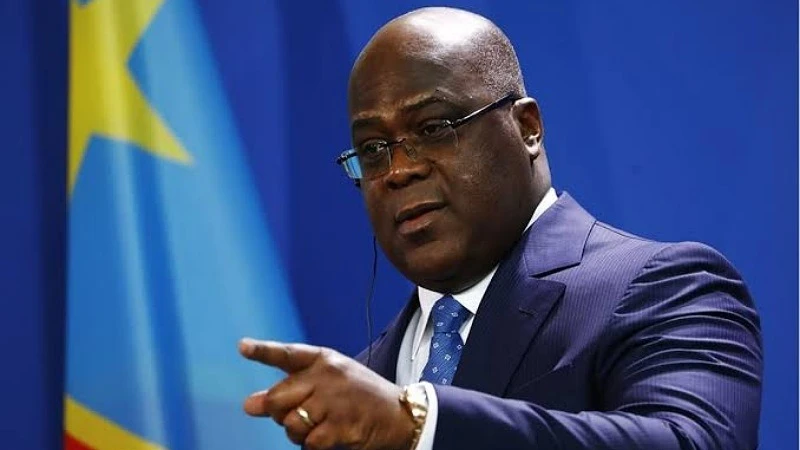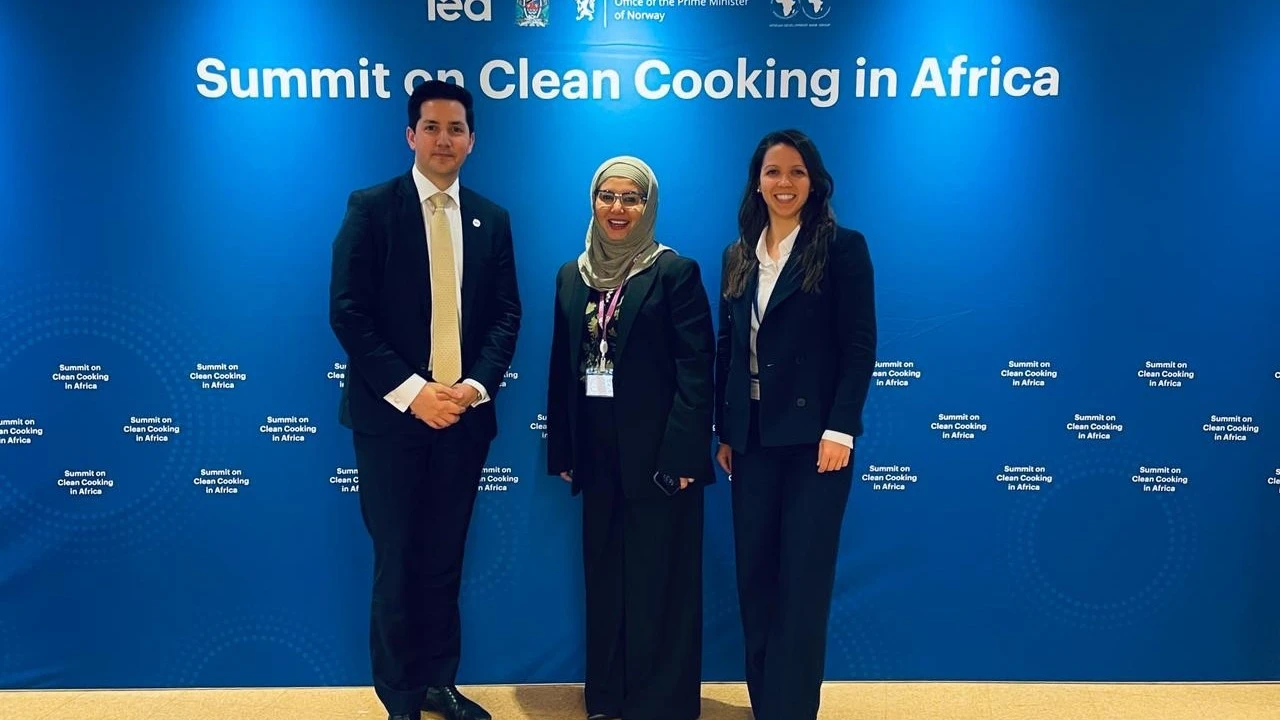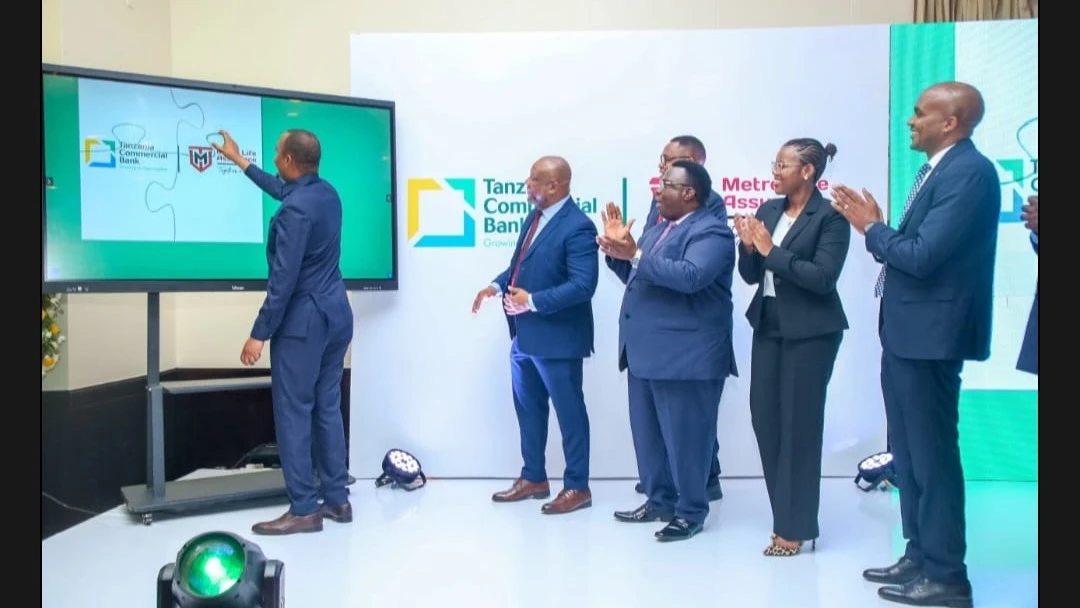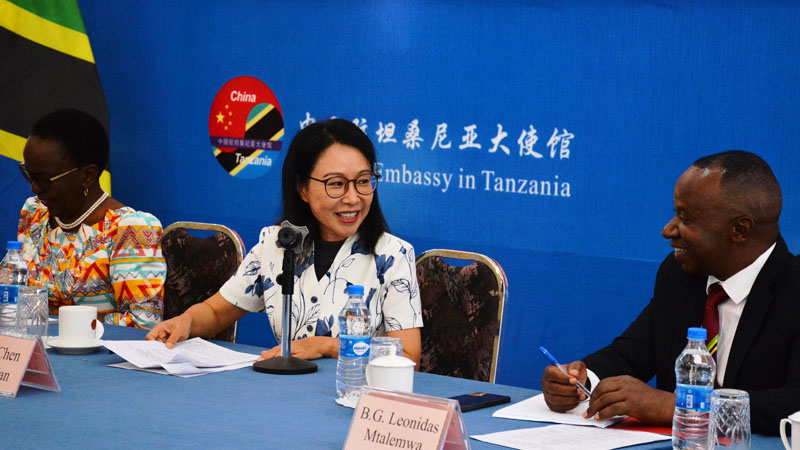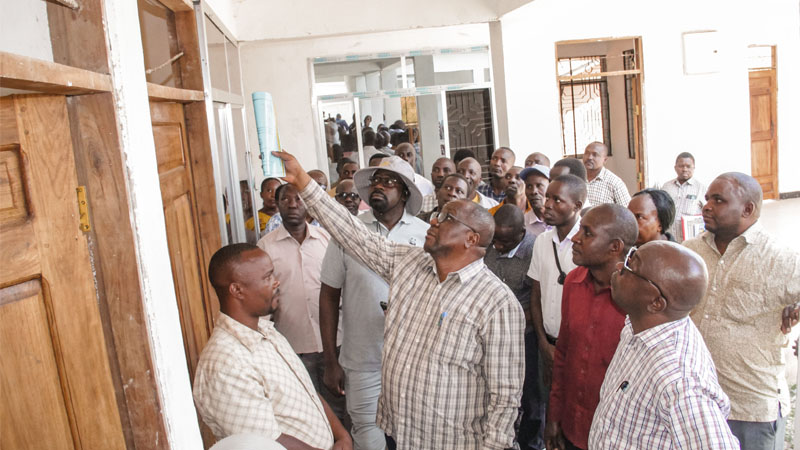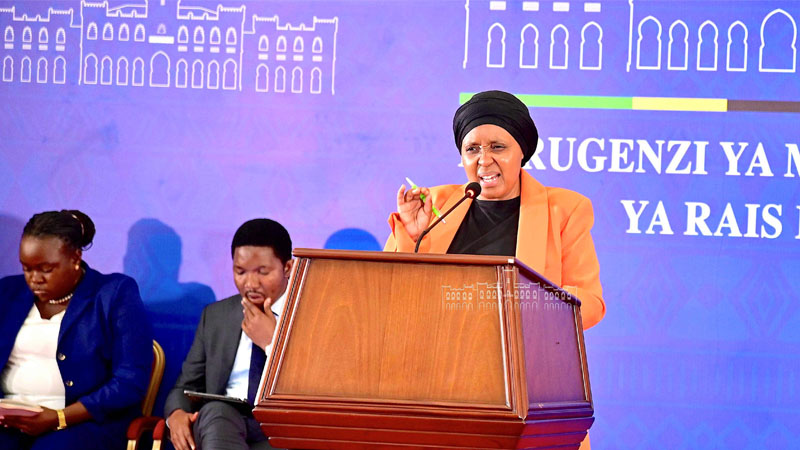West Africa's political turmoil: A threat to regional integration and multilateralism
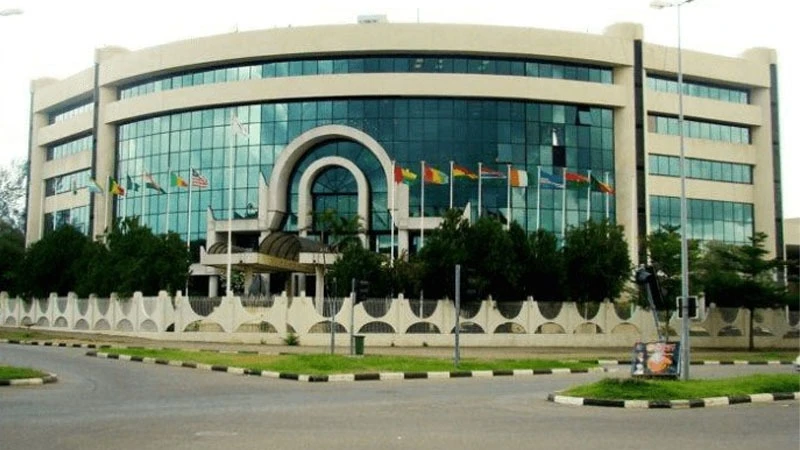
A series of military coups has rocked West Africa, throwing the region into a state of political turmoil and raising questions about the future of regional integration and multilateralism. Burkina Faso, Guinea, Mali, and Niger have all experienced military takeovers, challenging the efforts of the Economic Community of West African States (ECOWAS) to restore civilian rule and uphold democratic norms.
ECOWAS, established in 1975 to foster economic integration, has expanded its mandate to address peace and governance challenges in the region. Despite amendments aimed at promoting democracy and good governance, recent events have exposed vulnerabilities in ECOWAS' effectiveness.
The emergence of the Alliance of Sahel States (ASS) adds a new dimension to West African geopolitics. This defense and economic pact, known as AES, seeks to provide joint military assistance and establish a new currency, the 'Sahel'. Supported by Russia, China, and Turkey, the ASS poses a significant challenge to ECOWAS' authority and ability to maintain stability and governance in the region.
The decision by three West African nations to withdraw from ECOWAS and form the AES has raised eyebrows across the region. This move, prompted by sanctions following military coups, signals growing dissatisfaction with ECOWAS' handling of the situation and perceived influence by foreign powers. It also raises questions about ECOWAS' mechanisms for handling such exits and the potential establishment of cross-regional frameworks between ECOWAS and AES.
Furthermore, the acceptance of military coups as a means to remove unpopular regimes threatens the credibility of regional organizations like ECOWAS in promoting democracy and good governance. The African Union's adjustment of its stance on unconstitutional changes of government adds to these concerns, potentially legitimizing "good coups" under certain circumstances.
As ECOUT countries align themselves more closely with Moscow, the international community must draw lessons from this development. ECOUT's success could embolden other countries to bolster bilateral relations, capitalizing on regional organizations' weaknesses and failures to isolate them as pariah states.
In this context, the future of multilateralism in Africa hangs in the balance. ECOWAS and other regional organizations must adapt to evolving challenges, uphold democratic principles, and strengthen mechanisms for promoting stability and governance to address the crisis in democracy and maintain regional security.
However, the challenges facing ECOWAS extend beyond West Africa. In Eastern Africa, Somalia's recent accession to the East African Community (EAC) contrasts with the Democratic Republic of Congo's hesitancy, casting shadows over regional integration efforts. Additionally, Sudan's intention to withdraw from the Inter-governmental Authority on Development (IGAD) further weakens ECOWAS' ability to address security challenges in the volatile Horn of Africa region.
The recent refusal of the Democratic Republic of Congo (DRC) to allow the EAC to monitor its elections highlights a broader trend of RECs supporting incumbents who manipulate elections and constitutional processes to retain power. This undermines ECOWAS' credibility as a champion of democracy and good governance.
If ECOUT countries evade ECOWAS sanctions and remain under military rule, it will signify a failure of the prohibition against unconstitutional changes of government and highlight the declining influence of multilateralism in Africa. These developments underscore the urgent need for regional organizations to uphold democratic principles and strengthen mechanisms for promoting stability and governance.
The political crisis unfolding in West Africa poses a significant threat to the decades-long efforts toward regional integration and multilateral cooperation. The recent emergence of the Alliance of Sahel States (ASS) adds another layer of complexity to an already volatile situation. With the ASS aiming to establish joint military assistance and economic cooperation, the traditional alliances and frameworks within West Africa are being challenged like never before.
Regional integration in West Africa has long been championed by ECOWAS, which has sought to foster economic cooperation, political stability, and social development among its member states. However, the recent string of military coups and the subsequent formation of the ASS have exposed deep fault lines within the region's integration efforts.
One of the primary pitfalls facing regional integration efforts in West Africa is the lack of cohesion and consensus among member states. While ECOWAS has made strides in promoting democracy and good governance, the recent withdrawal of three member states in favor of the ASS highlights the challenges of maintaining unity and solidarity in the face of diverging interests.
Additionally, the rise of external actors such as Russia, China, and Turkey, who are backing initiatives like the ASS, further complicates the regional integration landscape. These external powers often have their own geopolitical agendas, which may not always align with the interests of West African states or regional organizations like ECOWAS.
Another obstacle to regional integration is the persistence of internal conflicts and security challenges within West Africa. From Boko Haram in Nigeria to the ongoing conflict in Mali, the region faces a myriad of security threats that undermine efforts toward political stability and economic development. Addressing these security challenges requires a coordinated and unified approach, which is difficult to achieve in the current climate of political uncertainty and discord.
Also, the erosion of democratic norms and institutions in some West African countries poses a significant challenge to regional integration efforts. The acceptance of military coups as a means of regime change undermines the principles of democracy and the rule of law, which are essential pillars of regional integration and cooperation.
In light of these challenges, regional organizations like ECOWAS must adapt and revitalize themselves to remain relevant in the face of shifting alliances and geopolitical pressures. This may require a reassessment of existing frameworks and mechanisms, as well as a renewed commitment to promoting democracy, good governance, and inclusive development across the region.
Ultimately, the future of regional integration in West Africa will depend on the ability of regional organizations and member states to overcome these challenges and forge a path toward greater unity, stability, and prosperity. This will require bold leadership, innovative solutions, and a collective commitment to the shared goals of peace, security, and development in the region.
By Adonis Byemelwa
Top Headlines
© 2024 IPPMEDIA.COM. ALL RIGHTS RESERVED





